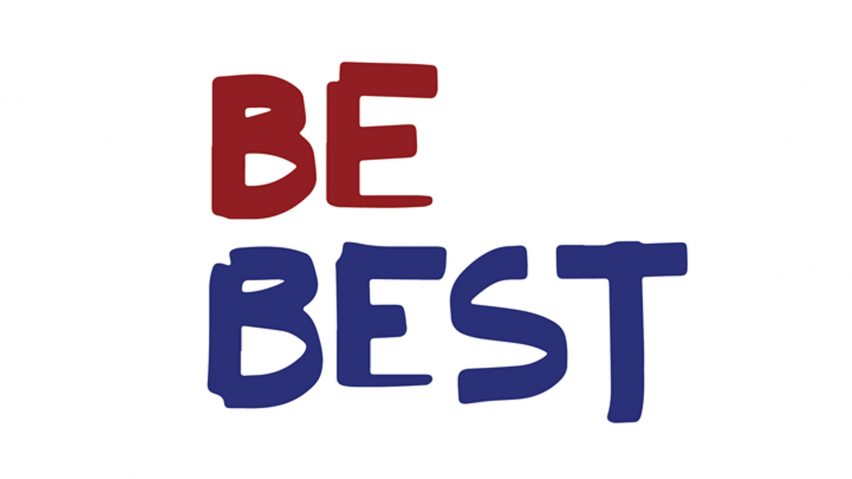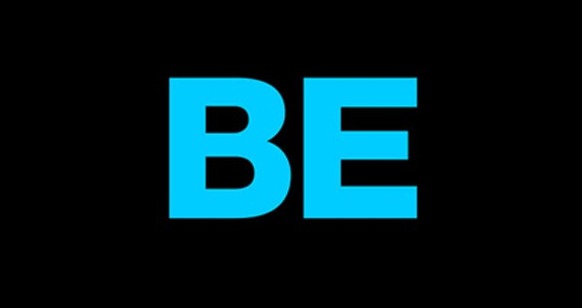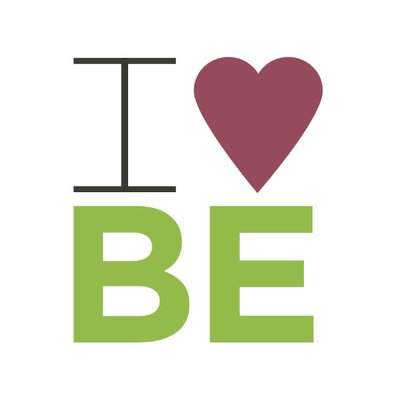
- a native English prefix formerly used in the formation of verbs: become, besiege, bedaub, befriend.
prefix forming verbs and verbal derivatives
- (from nouns) to surround completely; cover on all sidesbefog
- (from nouns) to affect completely or excessivelybedazzle
- (from nouns) to consider as or cause to bebefool; befriend
- (from nouns) to provide or cover withbejewel
- (from verbs) at, for, against, on, or overbewail; berate
word-forming element with a wide range of meaning: “thoroughly, completely; to make, cause seem; to provide with; at, on, to, for,” from Old English be- “on all sides” (also used to make transitive verbs and as a privative or intensive prefix), from weak form of Old English bi “by,” probably cognate with second syllable of Greek amphi, Latin ambi and originally meaning “about” (see ambi-).
This sense naturally drifted into intensive (cf. bespatter “spatter about,” therefore “spatter very much”). Be- can also be privative (cf. behead), causative, or have just about any sense required. The prefix was productive 16c.-17c. in forming useful words, many of which have not survived, e.g. bethwack “to thrash soundly” (1550s), betongue “to assail in speech, to scold” (1630s).
 Liberal Dictionary English Dictionary
Liberal Dictionary English Dictionary


